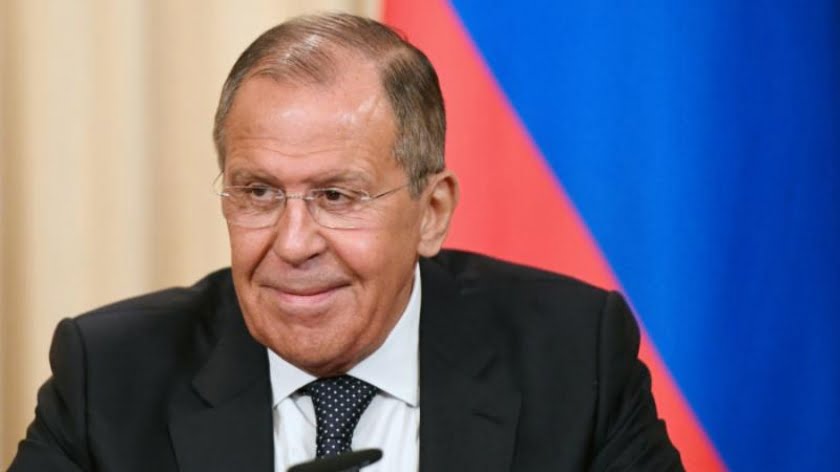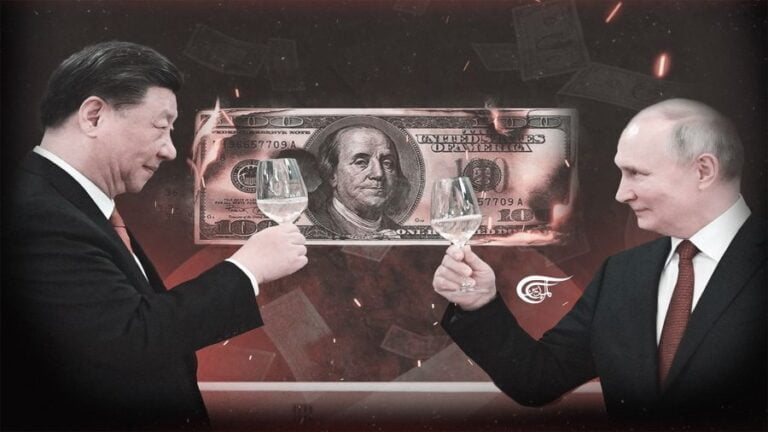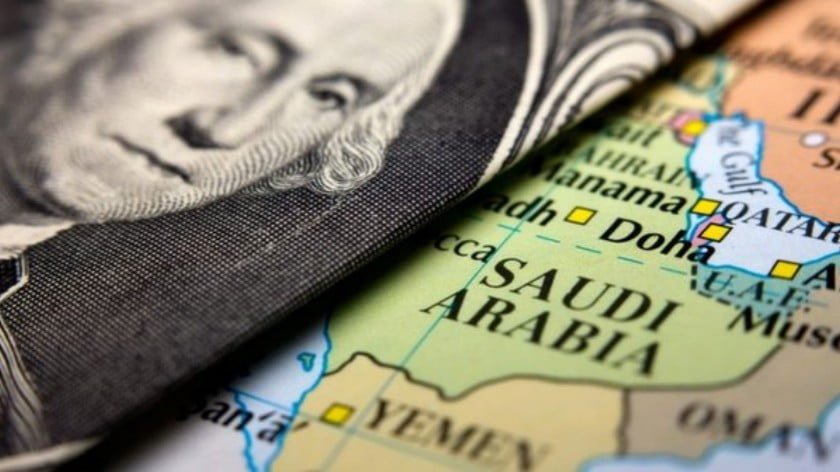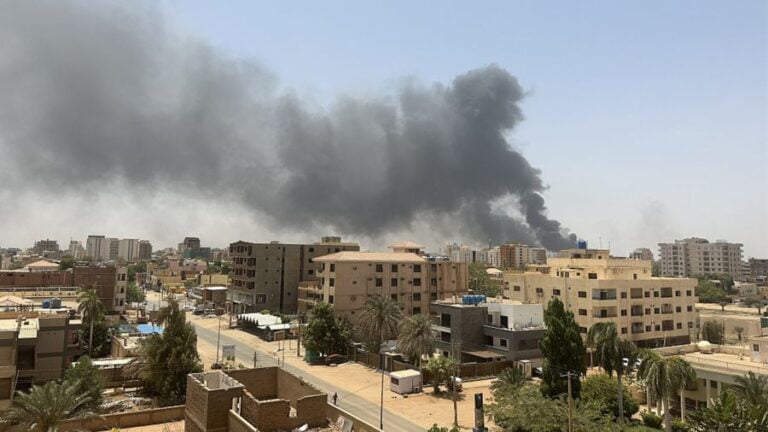Lavrov Elaborated on Russia’s Vision for the Emerging Multipolar World Order
The Russian Foreign Minister’s latest article provides the most up-to-date information on his country’s interpretation of International Relations straight from its top diplomat himself, which includes numerous critiques of the fading US-led unipolar world order and several envisioned goals that Moscow hopes to advance in the emerging multipolar one that’s replacing it.
***
Russian Foreign Minister Lavrov’s latest article “World at a Crossroads and a System of International Relations for the Future” recently published in the “Russia in Global Affairs” magazine is a must-read for experts and observers alike who want to obtain the most up-to-date information on his country’s interpretation of International Relations straight from its top diplomat himself. Although lengthy, it’s incredibly informative and readers should find his numerous critiques of the fading US-led order to be very interesting. He began his piece by reminding everyone about the rising threat of historical revisionism in the West that aims to delegitimize the Soviet Union’s sacrifices during World War II and its ultimate victory of fascism, the latter of which directly led to the creation of the UN whose yearly General Assembly opens up this week and on which occasion he likely timed the publication of his article.
Lavrov then proceeded to speak about the failure of the fading US-led unipolar world order and what he described as the “irreversible” trend towards a more “just and inclusive system” because of the international community’s rejection of the “arrogant neocolonial policies that are employed all over again to empower certain countries to impose their will on others.” Specifically, he condemned the West’s “rhetoric on liberalism, democracy and human rights (that) goes hand in hand with the policies of inequality, injustice, selfishness and a belief in [its] own exceptionalism” before dismantling the myths built around its hypocritical worldview of liberalism, which he rightly remarked is responsible for the suffering of the Iraqis, Libyans, Syrians, and many others. The so-called “rules-based order” that the West aggressively imposed on them is based on “rules” that “are being invented and selectively combined depending on the fleeting needs of the people behind [them].”
This includes “the controversial concept of ‘countering violent extremism’, which lays the blame for the dissemination of radical ideologies and expansion of the social base of terrorism on political regimes that the West has proclaimed undemocratic, illiberal or authoritarian” he said, which amounts to “the introduction of such new concepts is a dangerous phenomenon of revisionism, which rejects the principles of international law embodied in the UN Charter and paves the way back to the times of confrontation and antagonism.” The end result, according to Lavrov, is that “the West is openly discussing a new divide between ‘the rules-based liberal order’ and ‘authoritarian powers'” that sets the stage for a New Cold War as well as justifying the US’ unilateral abrogation of strategic stability pacts that dangerously undermine the existing balance between it and Russia. Unsurprisingly, he also said that the US wants to “contain” Russia and China and turn them against each other.
It’s against this backdrop that Lavrov believes it to be so “absurd” that the US accuses Russia of being the “revisionist force” in International Relations when all the evidence points to Washington being the one actively undermining the post-World War II system. He was quick to remark, however, that Russia was “among the first to draw attention to the transformation of the global political and economic systems that cannot remain static due to the objective march of history” through the “concept of multipolarity” as articulated “by the outstanding Russian statesman Evgeny Primakov“. With this broad vision in mind, Lavrov proposed several ways forward for the world, beginning with every country recognizing that “the emergence of a polycentric world architecture is an irreversible process” but not one that “inevitably leads to more chaos and confrontation” so long as the principles of the UN Charter are protected and a “balance of interests” is practiced.
Ever the pragmatist, Lavrov pivotally pointed out that “it is also necessary to cautiously though gradually adjust it to the realities of the current geopolitical landscape” through expanding the UN Security Council in order to “take into account interests of the Asian, the African and the Latin American nations” in parallel with “refining the world trade system, with special attention paid to harmonizing the integration projects in various regions.” To assist with this global systemic transition, he recommended “using to the fullest the potential” of the G20, BRICS, and the SCO, all three of which could also work towards “the unhindered formation of the Greater Eurasia Partnership” combining the Eurasian Economic Union, the SCO, ASEAN, and even the EU “to create a solid foundation of security and stability throughout the vast region from Lisbon to Jakarta” in a truly inclusive Eurasianist twist to the previous Euro-centric integrational model of a “Europe from Lisbon to Vladivostok”.
Altogether, Lavrov’s latest article brilliantly elaborates on Russia’s concerns with the West’s aggressive foreign policy since the end of the Old Cold War but also refreshingly offers an alternative future vision of International Relations instead of just sticking to polemical criticisms. The blueprint that Russia’s top diplomat laid out of returning to the principles of the UN Charter but cautiously adapting them to the changing conditions of the emerging Multipolar World Order is long overdue and functions as the doctrine for advancing Moscow’s envisaged end game of a Greater Eurasia Partnership that could counteract the centrifugal forces threatening to tear the world apart during this sensitive transitional phase. It’s in pursuit of this ultimate win-win outcome that Lavrov concluded his article with some words of wisdom from his famed Soviet-era predecessor Andrey Gromyko when he wrote that it’s “better to have ten years of negotiations than one day of war”.
By Andrew Korybko
Source: One World







